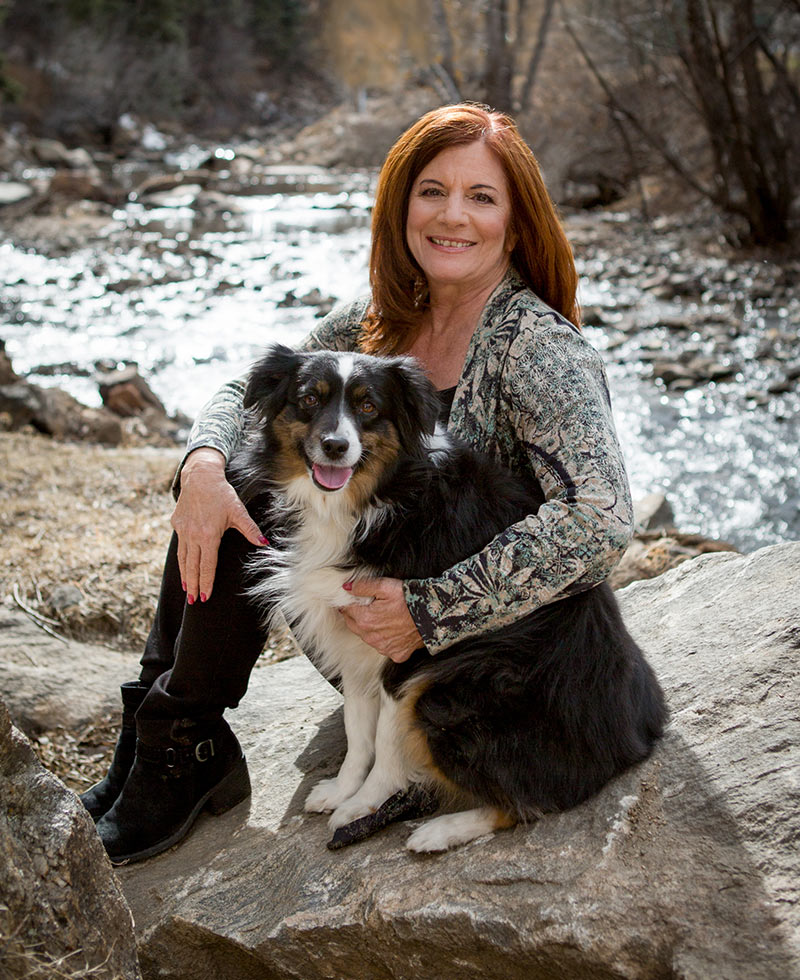A dear friend of mine recently retired after dreaming about it for years. But when he packed up his office for the last time, he broke down in tears. “I don’t know why I’m crying,” he told me. “I’ve wanted this for so long.”
We tend to expect certain life transitions—like illness or divorce—to be emotionally tough. But others, like retirement, a move to a beautiful new home, or even welcoming a grandchild, are seen as joyful milestones. So why, in these moments of gain, do we sometimes feel an unexpected sense of loss?
Because change, even the kind we welcome, often comes with letting go. Alan Wolfelt, a grief counselor and director of the Center for Loss & Life Transition, puts it beautifully: “Anytime you’re gaining something new in life, you’re giving something else up.” That letting go—whether it’s a role, a routine, or a sense of identity—can stir up feelings of grief.
And that grief is nothing to be ashamed of. It’s not a sign you made the wrong decision—it’s just part of the emotional landscape of change. As psychologist Anthony Chambers notes, we often feel worse when we tell ourselves we should be happy. Instead, he suggests gently asking yourself: What am I feeling, and why? What am I losing, even as I gain something new? What did I truly value about the life I’m stepping away from?
Recognizing your grief doesn’t mean wallowing—it means honoring your full experience. Mourning, as Dr. Wolfelt says, is grief made visible. Whether through journaling, storytelling, music, or simple conversations with people who understand, give yourself permission to share what’s in your heart. It is a time to reminisce about old times and memories. Looking at pictures and spending time with friends and loved ones helps the grief be less painful, but there is emotional pain that takes its own time to heal.
You might hear, “Oh, how wonderful, you’re retired!” And it is wonderful—but you can also say, “Yes, and I’m feeling a little lost. I don’t yet know who I am in this next chapter.” That honesty is not weakness—it’s the beginning of reinvention.
If you’re feeling stuck, know that help is available. A support group or therapist can be a powerful ally in navigating these emotional shifts.
Another helpful step? Aim for a well-rounded ending. Don’t rush ahead too quickly into “what’s next.” Take time to savor your farewell—whether it’s a goodbye lunch, a walk through a familiar place, or a simple reflection on what you’ll miss and what you’re proud of.
And finally, look for parts of your old identity that can be carried forward in a new form. When I moved from the city to the suburbs, I missed the rhythm of my old neighborhood—until the sound of an ice cream truck brought me back to summer evenings in Brooklyn. Now, that simple melody feels like a bridge between who I was and who I’m becoming.
Life is full of these little moments of connection. They remind us that while change is inevitable, continuity can be found in surprising places.


